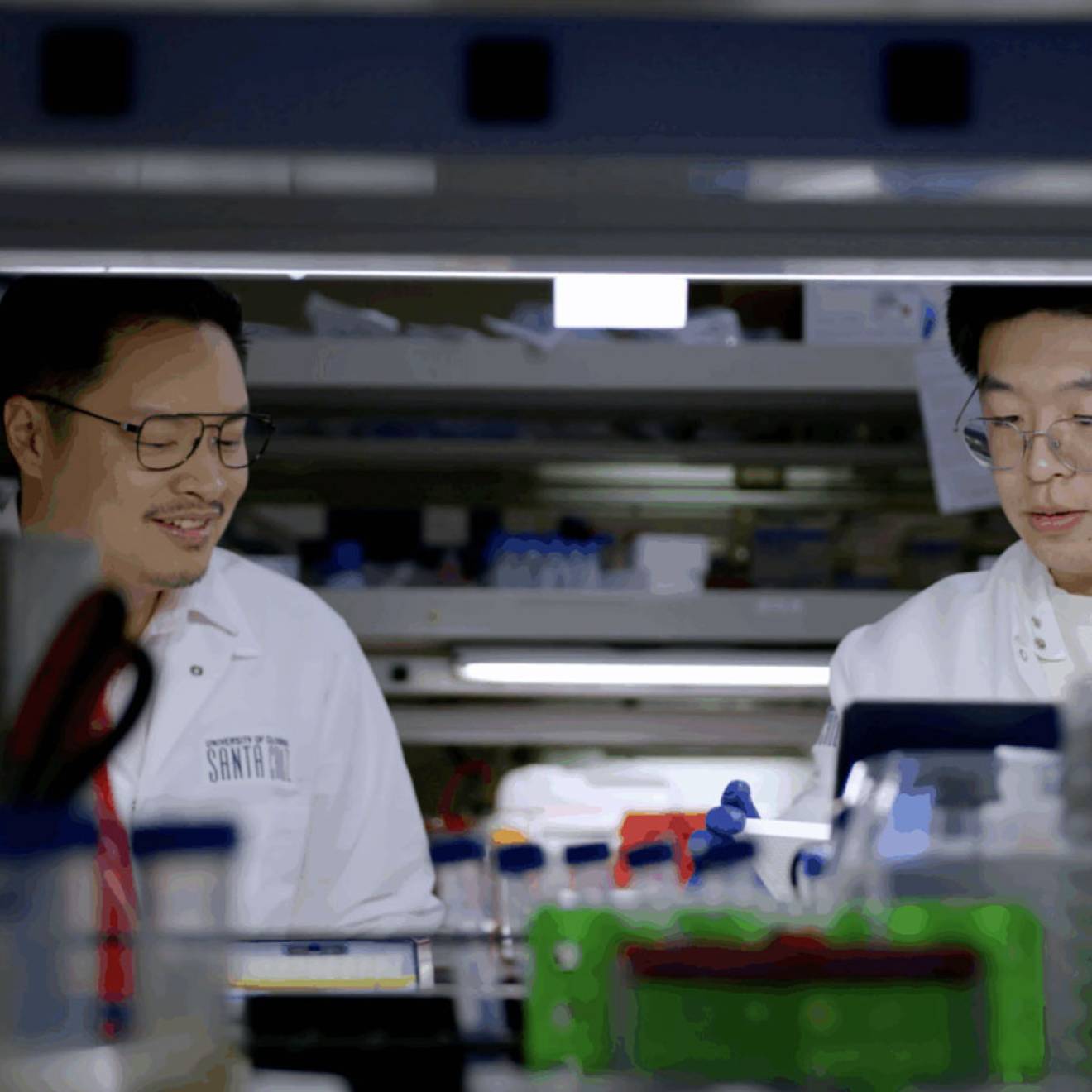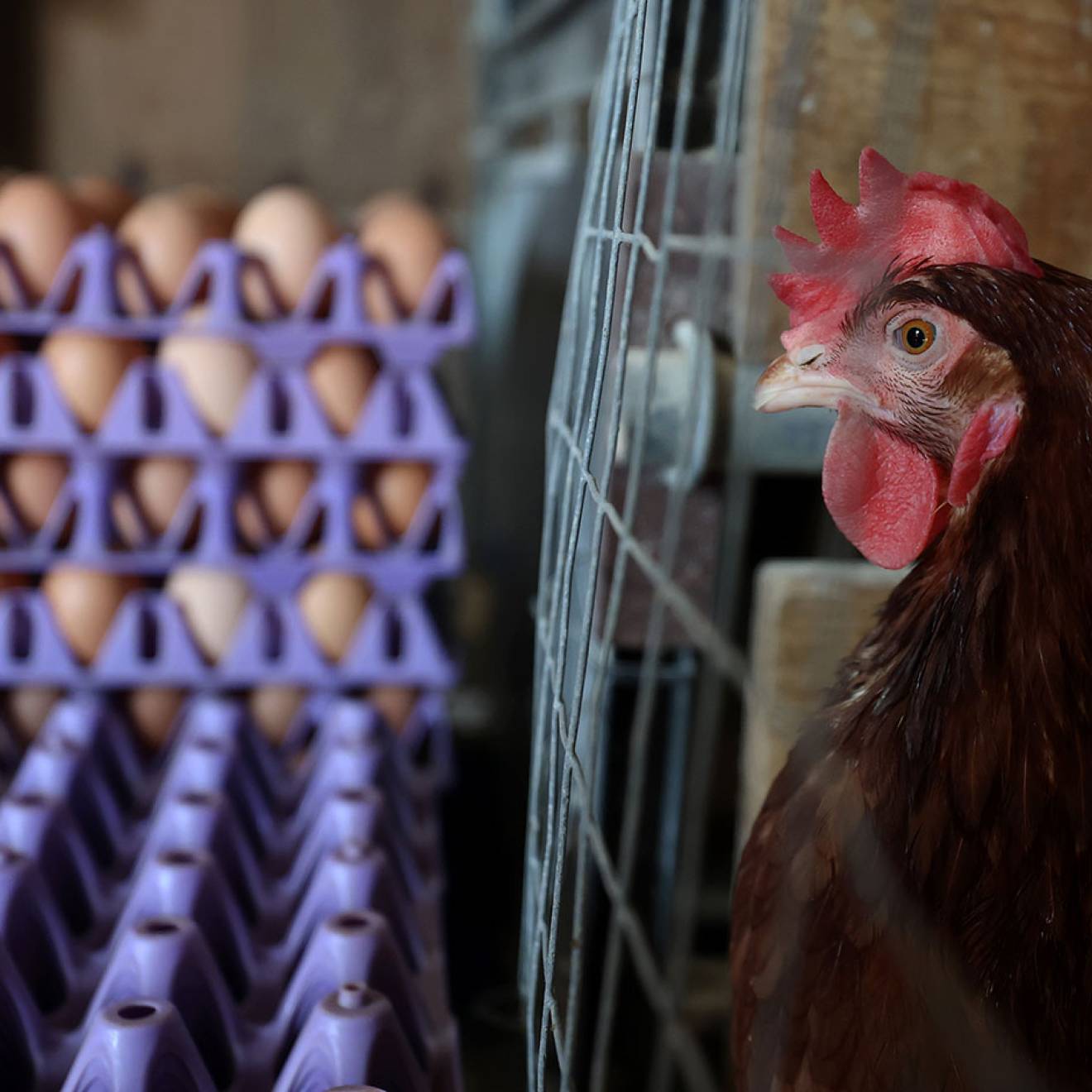Alec Rosenberg, UC Newsroom

More than 30 million children now get at least one meal a day from school, making the nation’s schools a vital partner in efforts to combat rising rates of obesity, diabetes and prediabetes among U.S. children.
With that in mind, the University of California’s Global Food Initiative has launched a free online toolkit that seeks to help schools teach healthy eating habits and provide nutritious, sustainable food to students.
The Good Food for Local Schools website features resources from UC and other sources that reflect innovative thinking and practices related to healthy and sustainable pre-K-12 school food options. It is aimed at anyone who works in or with schools on childhood nutrition issues.
“What you eat not only impacts health, it also is strongly linked to academic achievement,” said Wendy Slusser, associate vice provost for UCLA’s Healthy Campus Initiative, who led the GFI project. “This toolkit offers resources to help organizations provide students with equitable access to healthy food, so they can eat better and maximize their opportunities for academic success.”
Schools have become more important than ever in how American children eat. More than 30 million children take part in the National School Lunch Program, and school meals provide almost half of daily calories for kids enrolled in breakfast and lunch programs, Slusser said.
The toolkit taps into UC’s expertise in working throughout the state to improve nutrition in schools and communities. For example, UC CalFresh provides nutrition education to nearly 120,000 Californians a year, and teachers and schools work with UC CalFresh educators to link classroom curricula to the garden, cafeteria and playground.
The toolkit was developed by GFI UC members who work with school districts around the state promoting healthy and sustainable foods for children attending pre-K-12 schools. They collaborated closely with the Center for Ecoliteracy in Berkeley, as well as representatives from school districts such as Los Angeles Unified and experts from community nonprofits working to improve school food.
“When UC is involved, there’s a whole body of research behind the work,” said Good Food contributor Brad Rumble, principal of Esperanza Elementary School in Los Angeles. “The website is a great place for ideas about healthy food.”
The website contains practical, online resources related to curriculum, operations, policy, research and service, including topics like nutrition education, how to set up a school salad bar, getting started with schoolyard gardens, and more.
The range of resources includes:
- a school nutrition curriculum,
- an agenda for creating a new regional food system,
- a sample school food donation policy,
- a documentary about the school food chain,
- tools to support healthy school meals, and
- guides for rethinking school lunches and planning school menus.
The GFI team recommended exemplary curricula, degree and certificate programs, on-campus programs, student-led projects, websites, publications, manuals and how-to guides, policies, organizations, community projects, and other resources. Toolkit selections were based on whether the resource is practical and useful to UC’s work to support healthy, sustainable foods for pre-K-12 schools; is free and easily accessible to the public online; and addresses at least one of GFI’s focus areas.
UC resources highlighted include:
- UC Berkeley Food Institute,
- UC Davis Center for Nutrition in Schools,
- UC Irvine Garden Project,
- UCLA Healthy Campus Initiative,
- UC Merced study on the potential for local croplands to meet U.S. food demand,
- UC Riverside California Agriculture and Food Enterprise,
- UC San Diego Center for Community Health,
- UC San Francisco Food Matters,
- UC Santa Barbara Greenhouse and Garden Project,
- UC Santa Cruz Center for Agroecology and Sustainable Food Systems, and
- UC Agriculture and Natural Resources’ CalFresh Nutrition Education Program.
For more information about Good Food for Local Schools, please visit http://goodfood.ucla.edu.
About the UC Global Food Initiative
The UC Global Food Initiative addresses the critical issue of how to sustainably and nutritiously feed a world population expected to reach eight billion by 2025. Launched in 2014 by UC President Janet Napolitano, together with UC’s 10 chancellors, GFI involves all 10 UC campuses, UC Agriculture and Natural Resources and Lawrence Berkeley National Laboratory. The initiative aligns the university’s research, outreach and operations in a sustained effort to develop, demonstrate and export solutions — throughout California, the United States and the world — for food security, health and sustainability.

